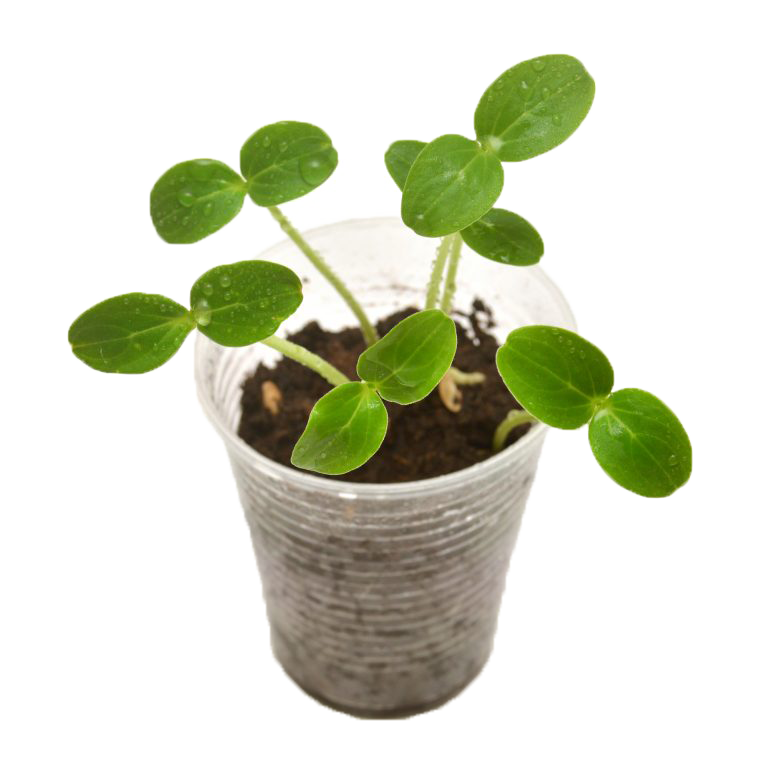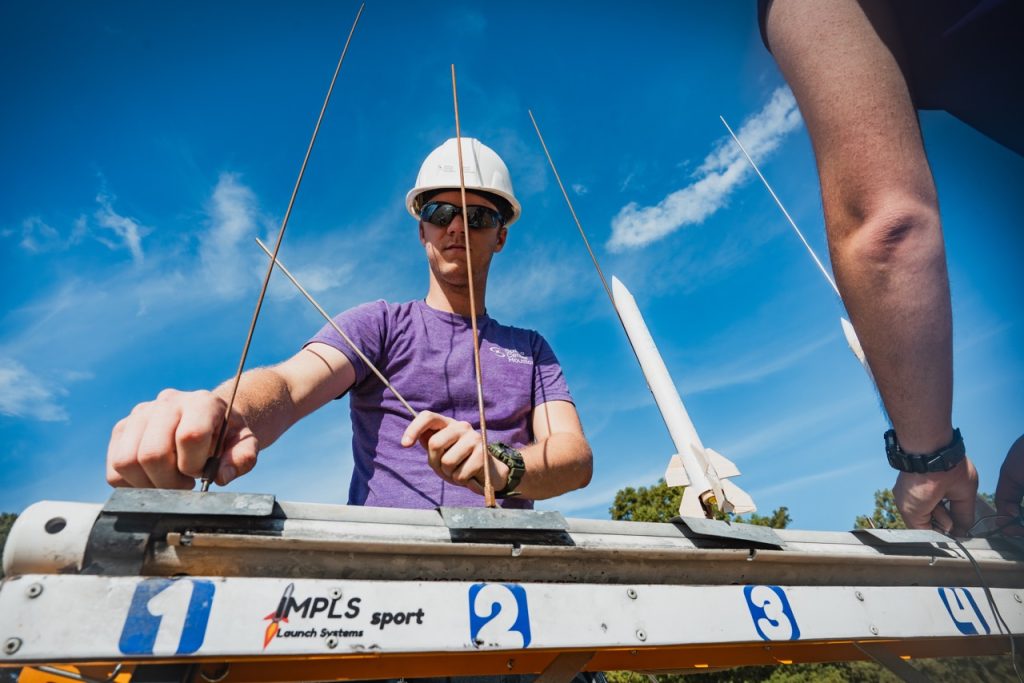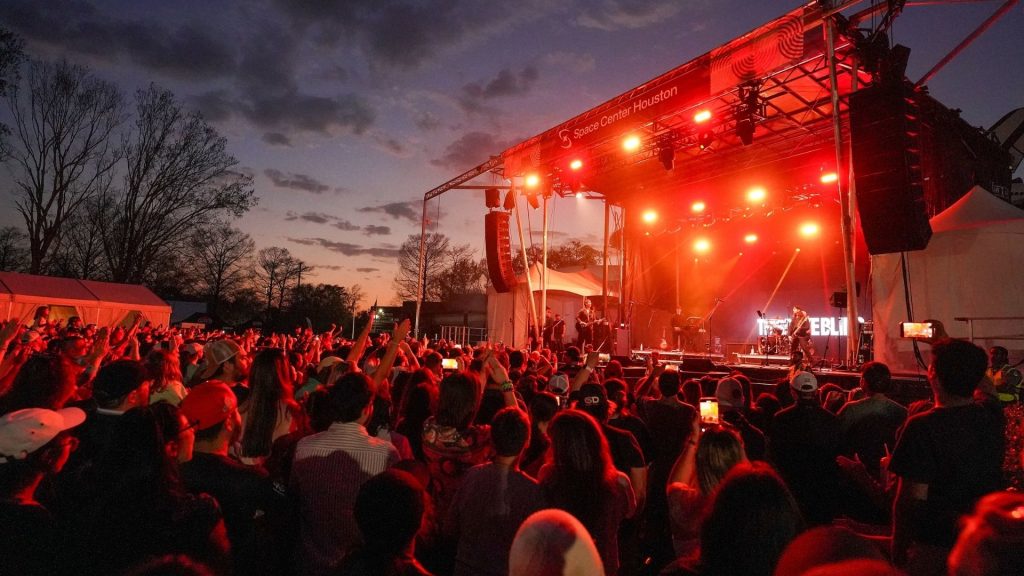

Build Your Own Greenhouse
Objective
Observe how a greenhouse functions as a plant support, and how the greenhouse affects the soil temperature and moisture levels, using plastic cups, soil, and water.
Background
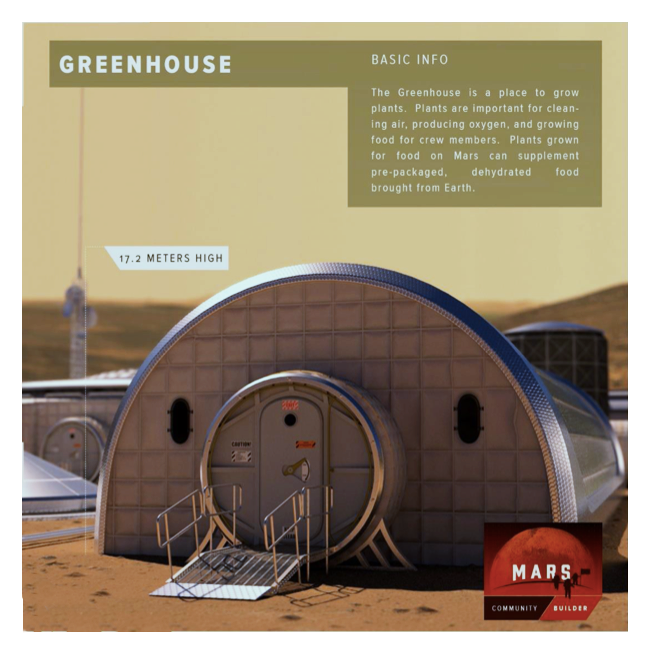
How can Mars support human life? If humans build colonies on Mars, they will need to be able to eat, and Earth is too far to regularly bring supplies of fresh food. That means creating greenhouses that can withstand the Martian climate and provide enough food, while also sustaining life support systems. Through the Prototype Lunar/Mars Greenhouse project, NASA scientists and a university team are collaborating to develop long-term methods that could help sustain pioneers working in deep space.
At the University of Arizona’s Controlled Environment Agriculture Center, an 18 foot long, 7 foot, 3 inch diameter lunar greenhouse chamber is equipped as an inflatable, deployable greenhouse prototype with a bioregenerative life support system. Bioregenerative means supporting plant and crop production for nutrition, air revitalization, and water recycling and waste recycling.
You can see what life on Mars is like at Space Center Houston’s Mission Mars exhibit. At home, you can build your own version of a greenhouse and learn how they help plants grow.
Materials:
- 2 plastic cups, such as party cups, one clear (for top), one any color or clear (for bottom)
- Push pin
- Soil
- Fast germination seed (green beans take about 7-10 days, for example) or seedling plant.
- Spoon
- Squirt water bottle
- Thermometer
Instructions to build the greenhouse: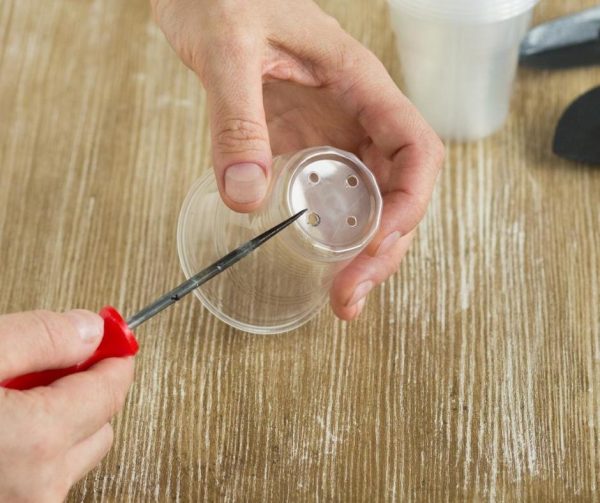
- Take the bottom plastic party cup, and use the push pin to poke 4 small holes in a square on the bottom of the cup.
Ideas: Recycle used plastic cups. Decorate and personalize your cup planter! - Fill bottom cup 3/4 full with soil.
- Add plant or seeds. Use about 3-4 seeds.
- Add another layer of soil on top.
- Pat gently with the back of a spoon
- Using the squirt bottle, add small amount of water to dampen soil.
- Place the top clear plastic cup securely inside the bottom cup. If the cups are the same size, use packing tape to secure the edge, only covering half so you can still access the interior.
- Place in a sunny window or spot. Make sure to put something under the planter to catch any water that drains.
Note: Water every couple of days–use fingers to test soil moisture. If soil sticks, it’s moist enough. If not, it’s dry and needs a little drink.
Instructions for the experiment: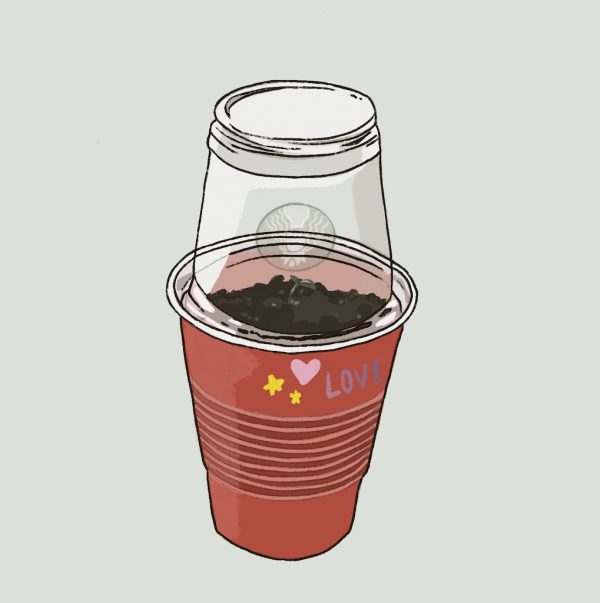
- After completing the greenhouse, take a photo of it, and use the thermometer to find the soil temperature. This is your baseline.
- Form a hypothesis–an educated guess–about how the greenhouse will affect the soil and environment.
- 30 minutes after building the greenhouse:
- How did the environment inside the greenhouse change? Observe how it looks–how is it different from when you first finished the greenhouse? Take a photo of the greenhouse.
- Use the thermometer to find the soil temperature. How is it different from when you first finished the greenhouse?
- 1 hour after building the greenhouse:
- How did the environment inside the greenhouse change? Observe how it looks–how is it different from when you first finished the greenhouse? Take a photo of the greenhouse.
- Use the thermometer to find the soil temperature. How is it different from when you first finished the greenhouse?
Idea:
- Repeat this test and see when the environment and soil stabilize. Watch the seed or seedling growth. Is it growing at the same or a different than anticipated rate due to living in the greenhouse?
- Plant the same seed or seedling in a plastic cup without a top cup. Compare it to the plant in the greenhouse you made. Is it growing any differently?
Tell us on social media what results you saw–photos welcome!